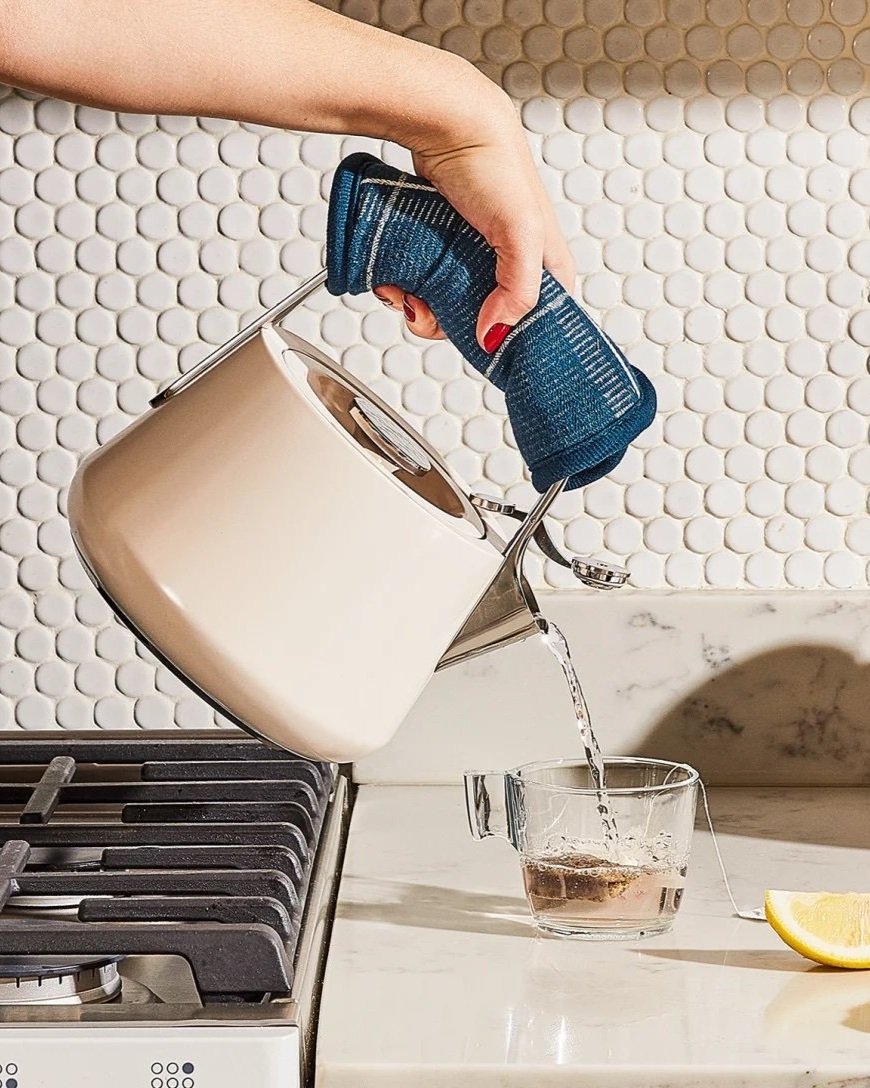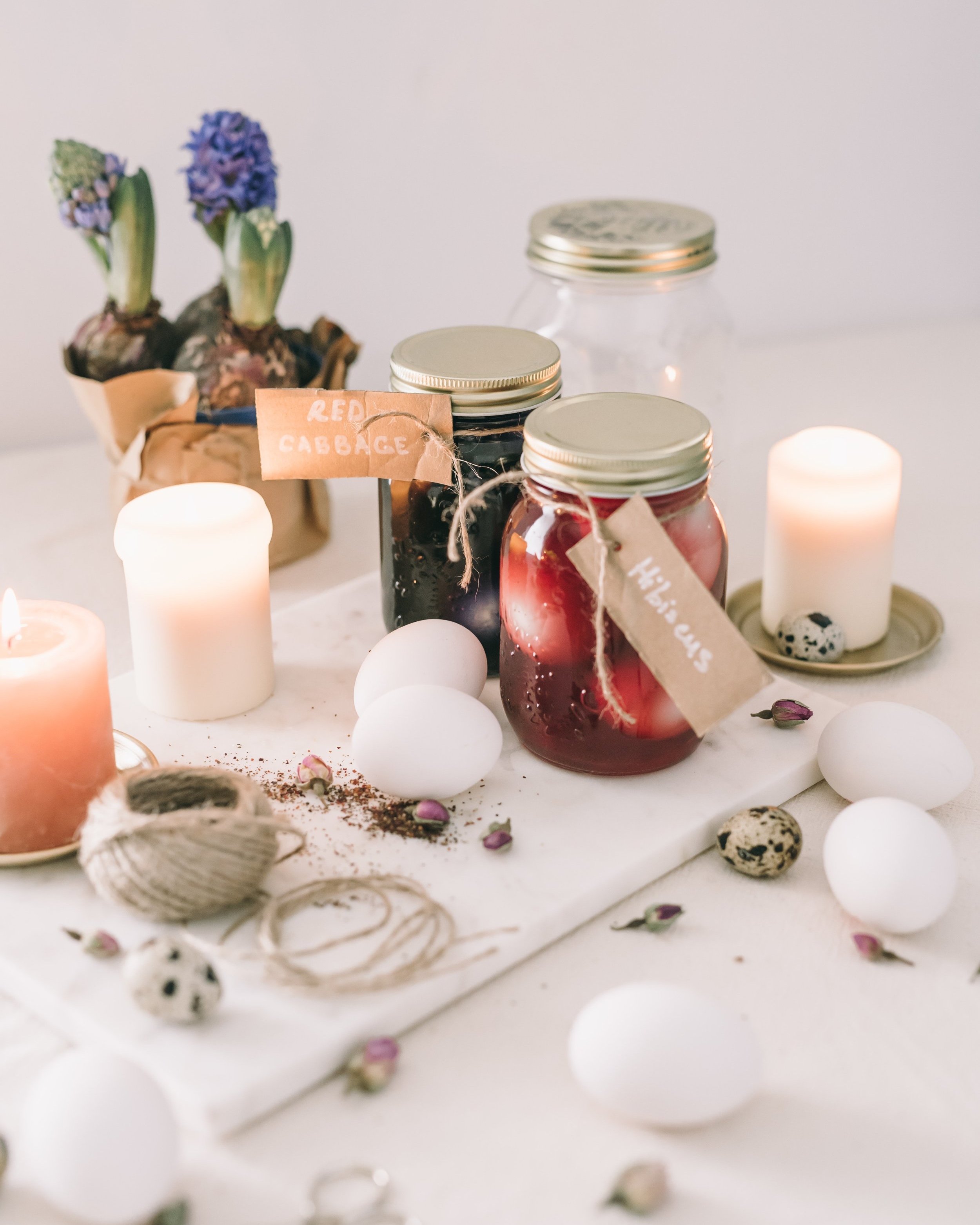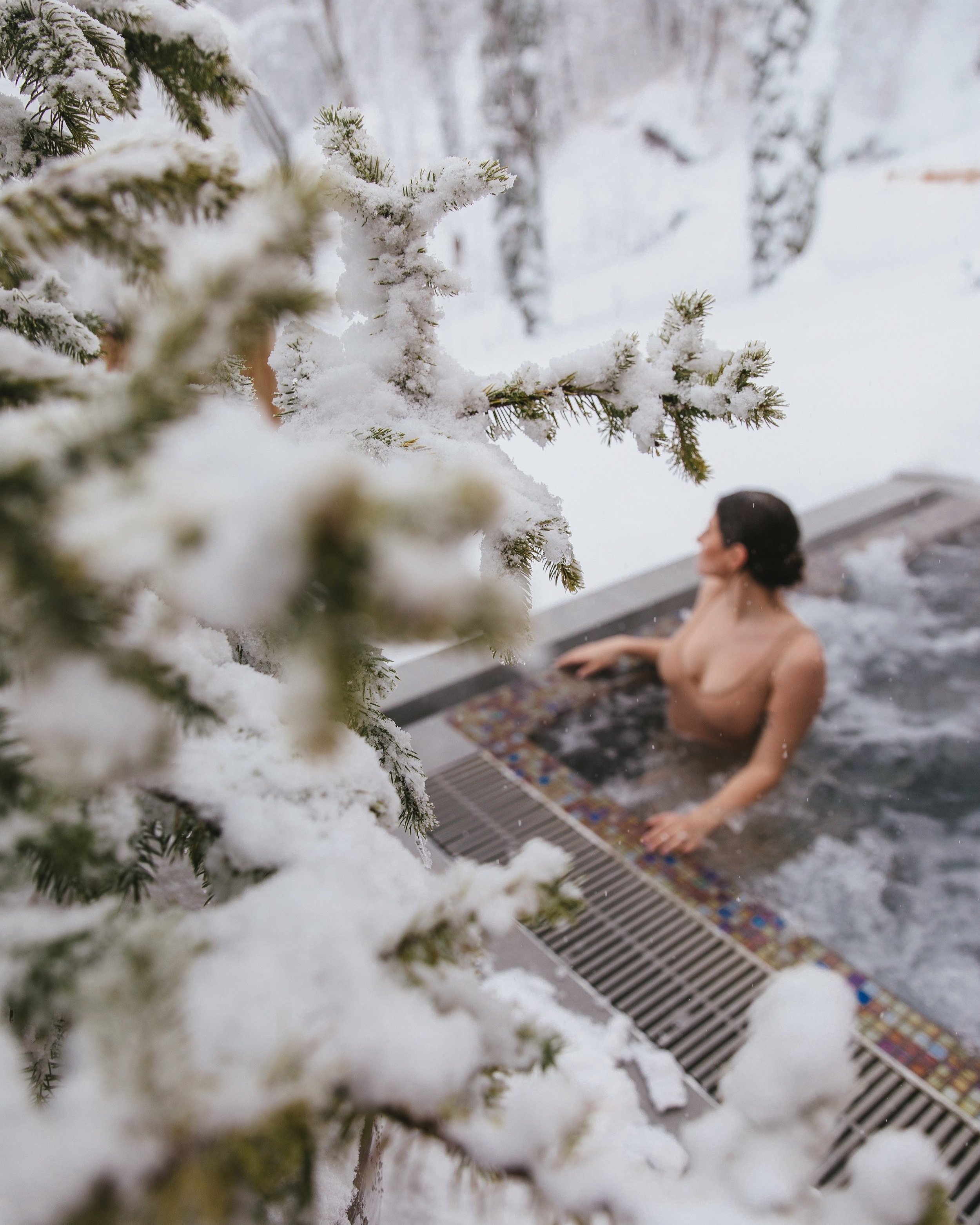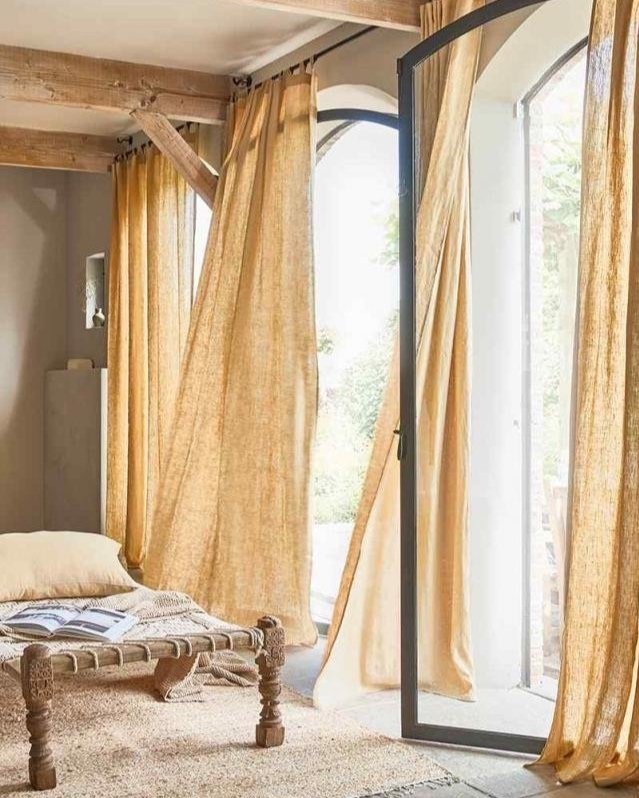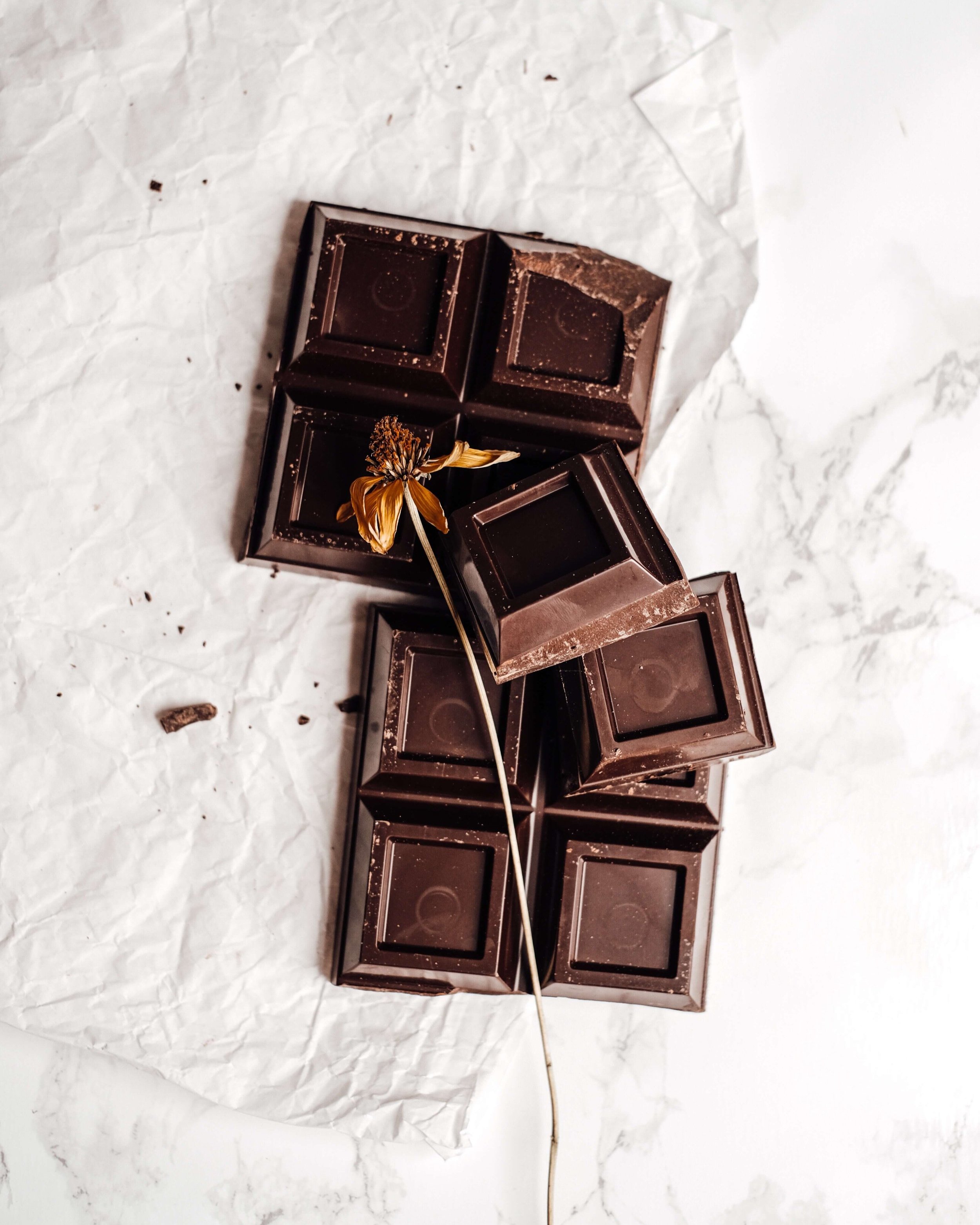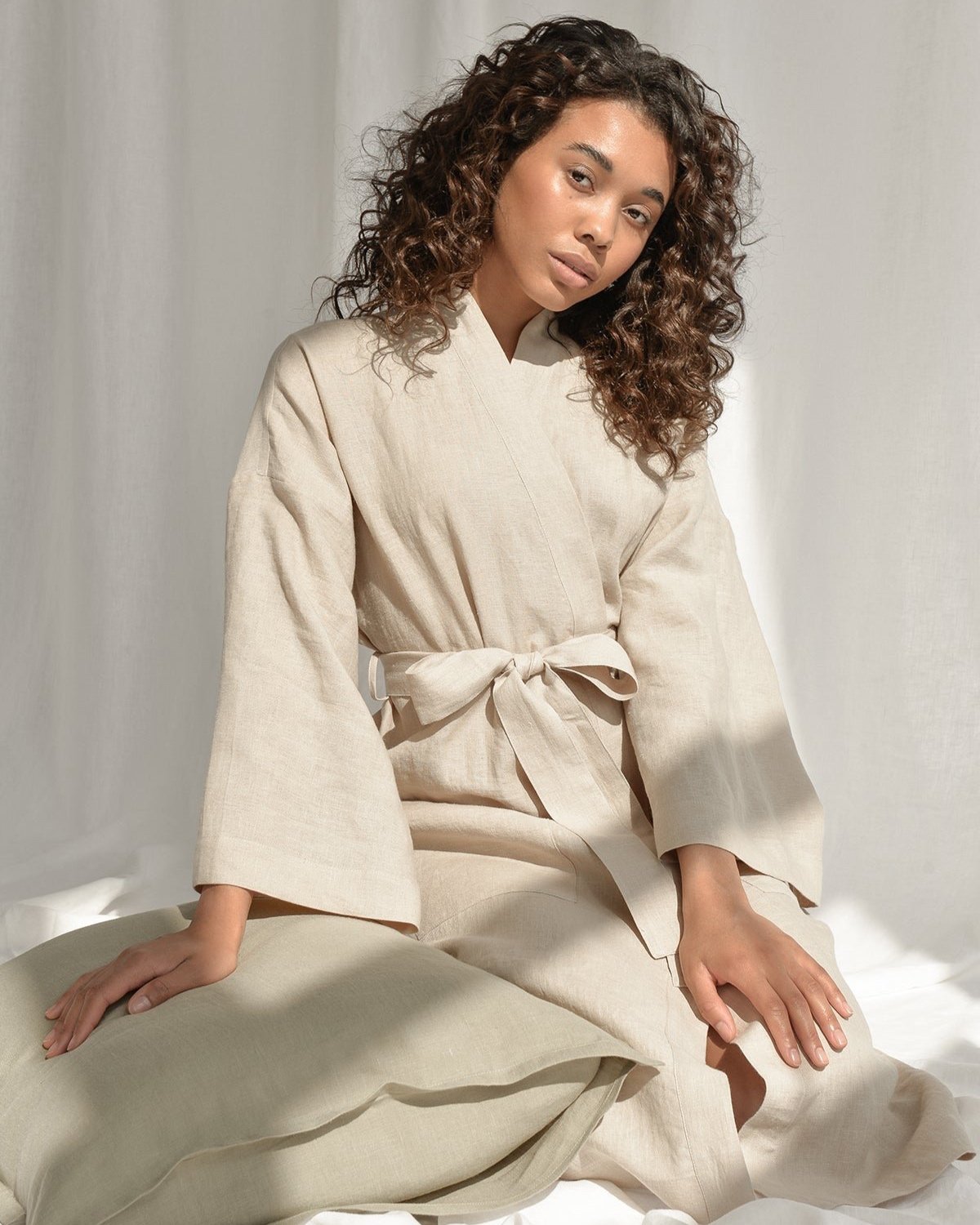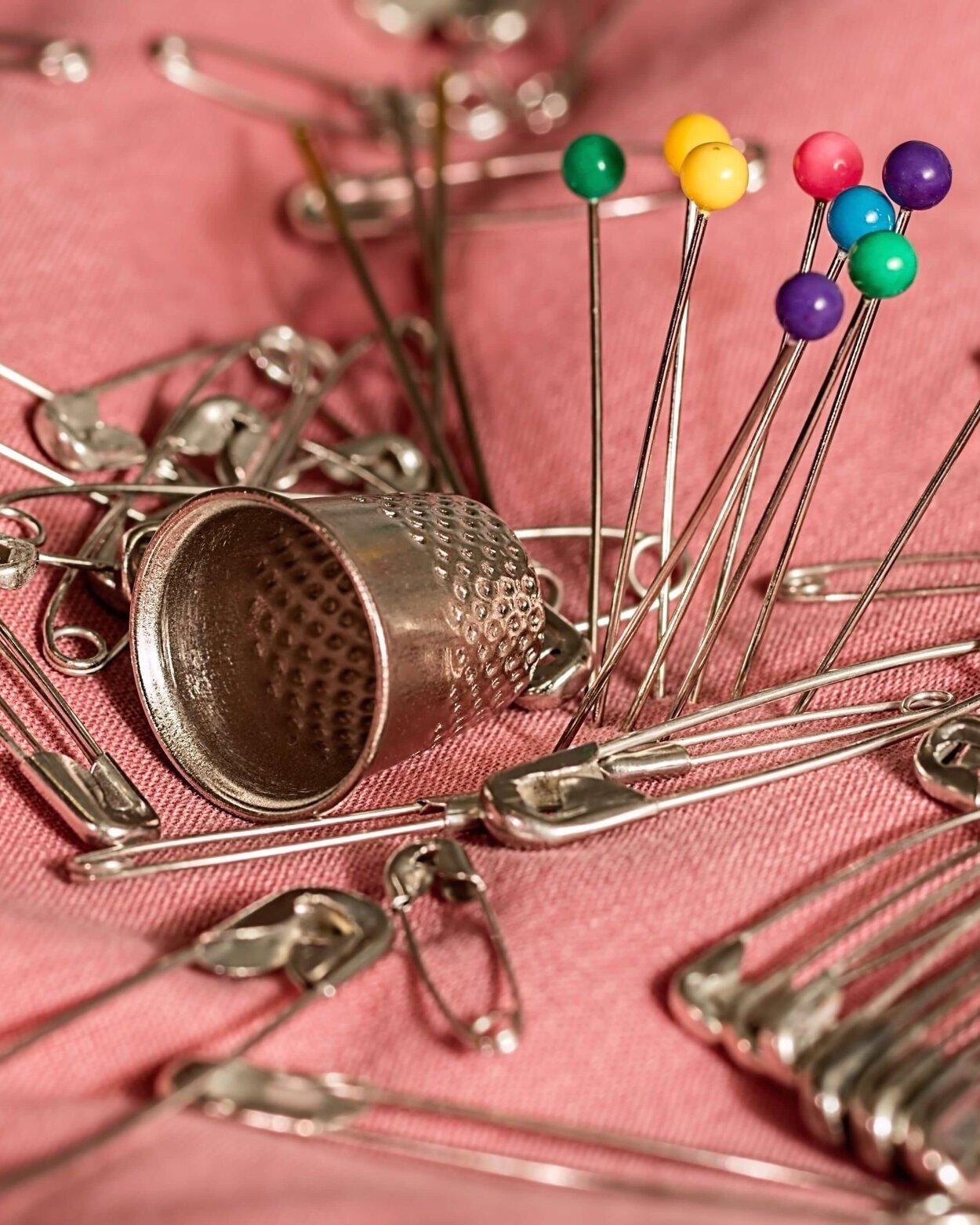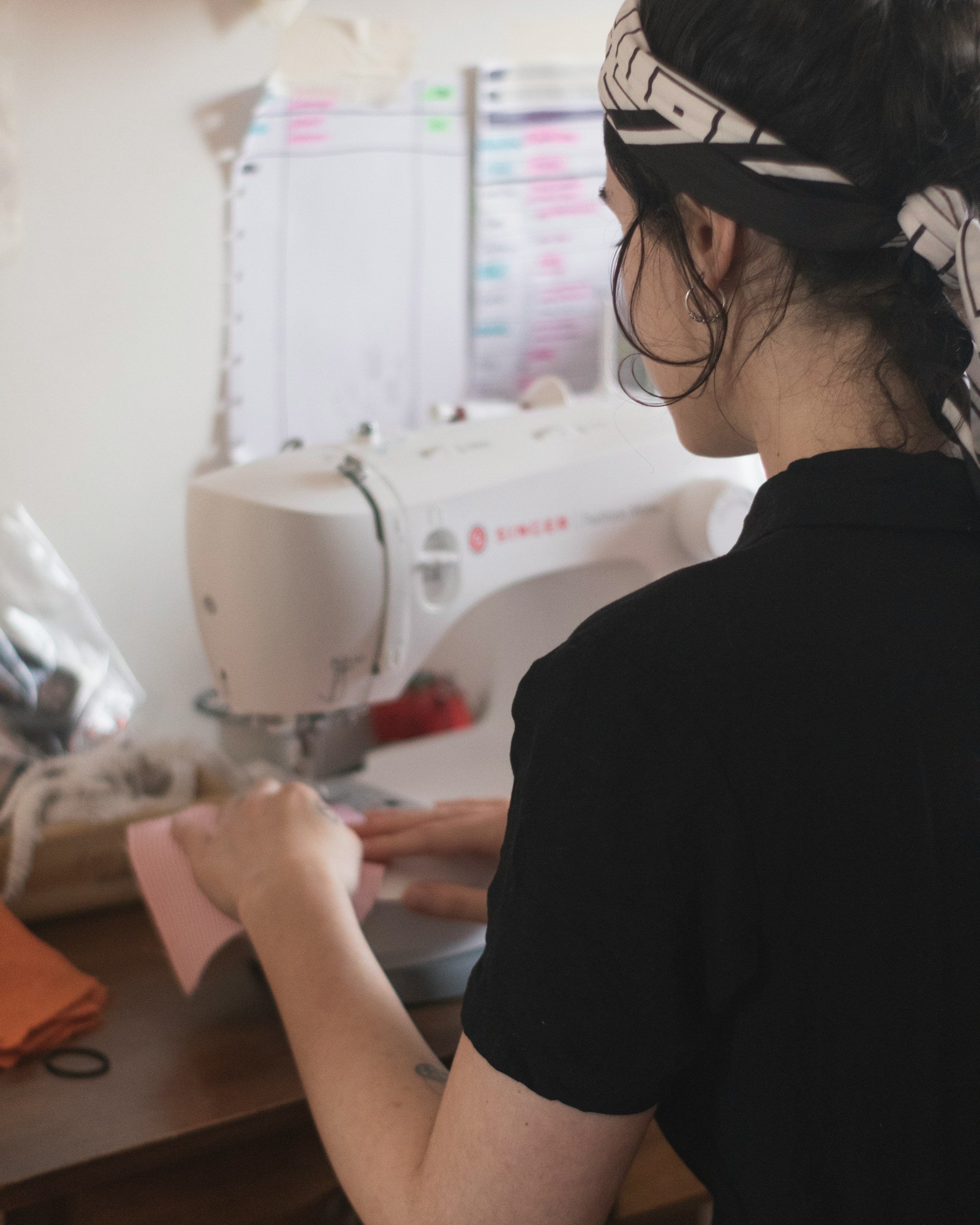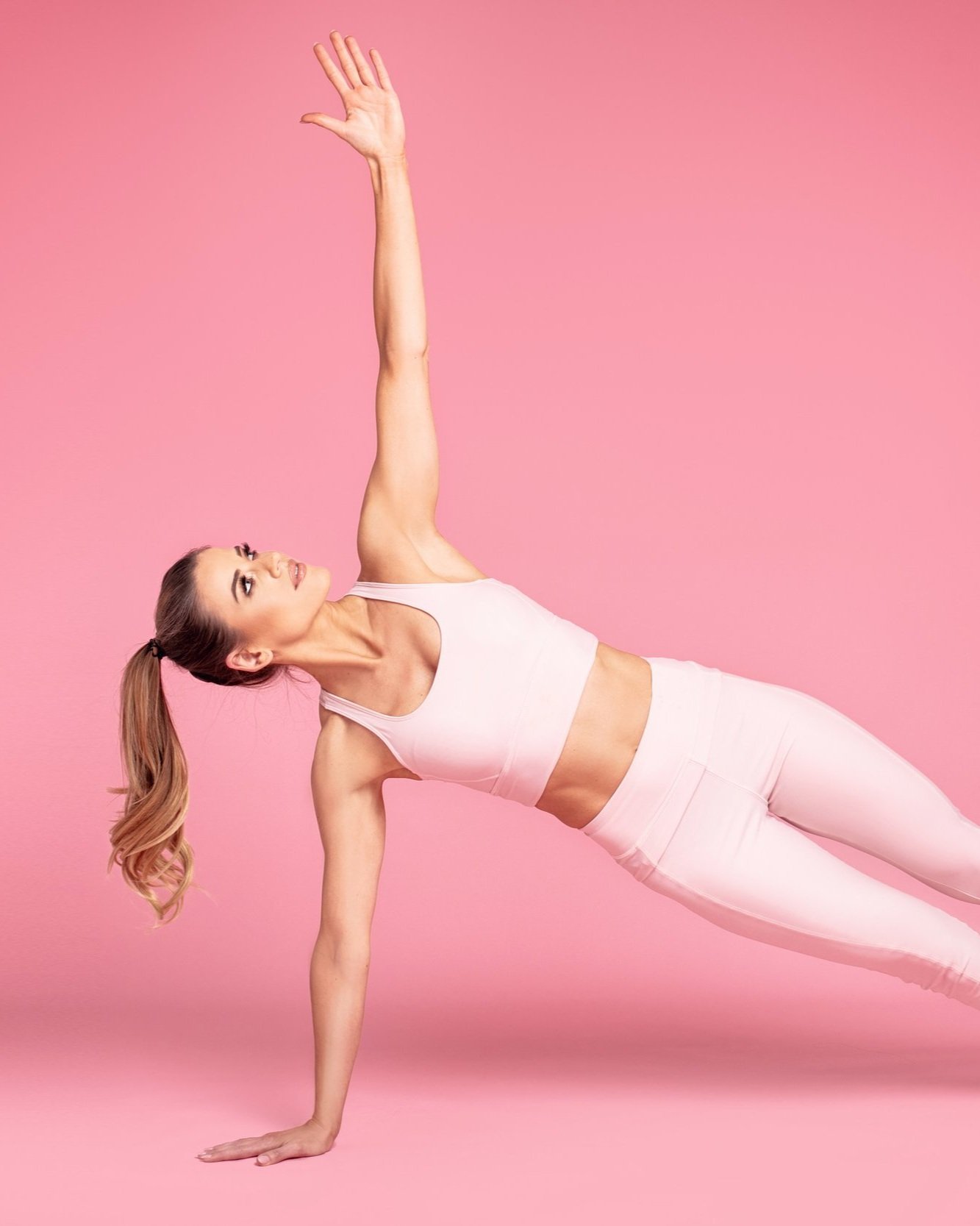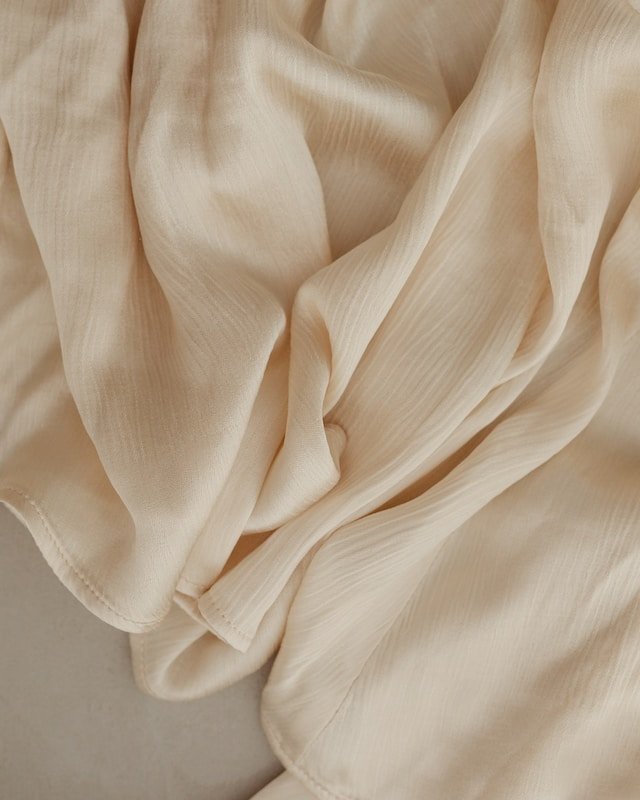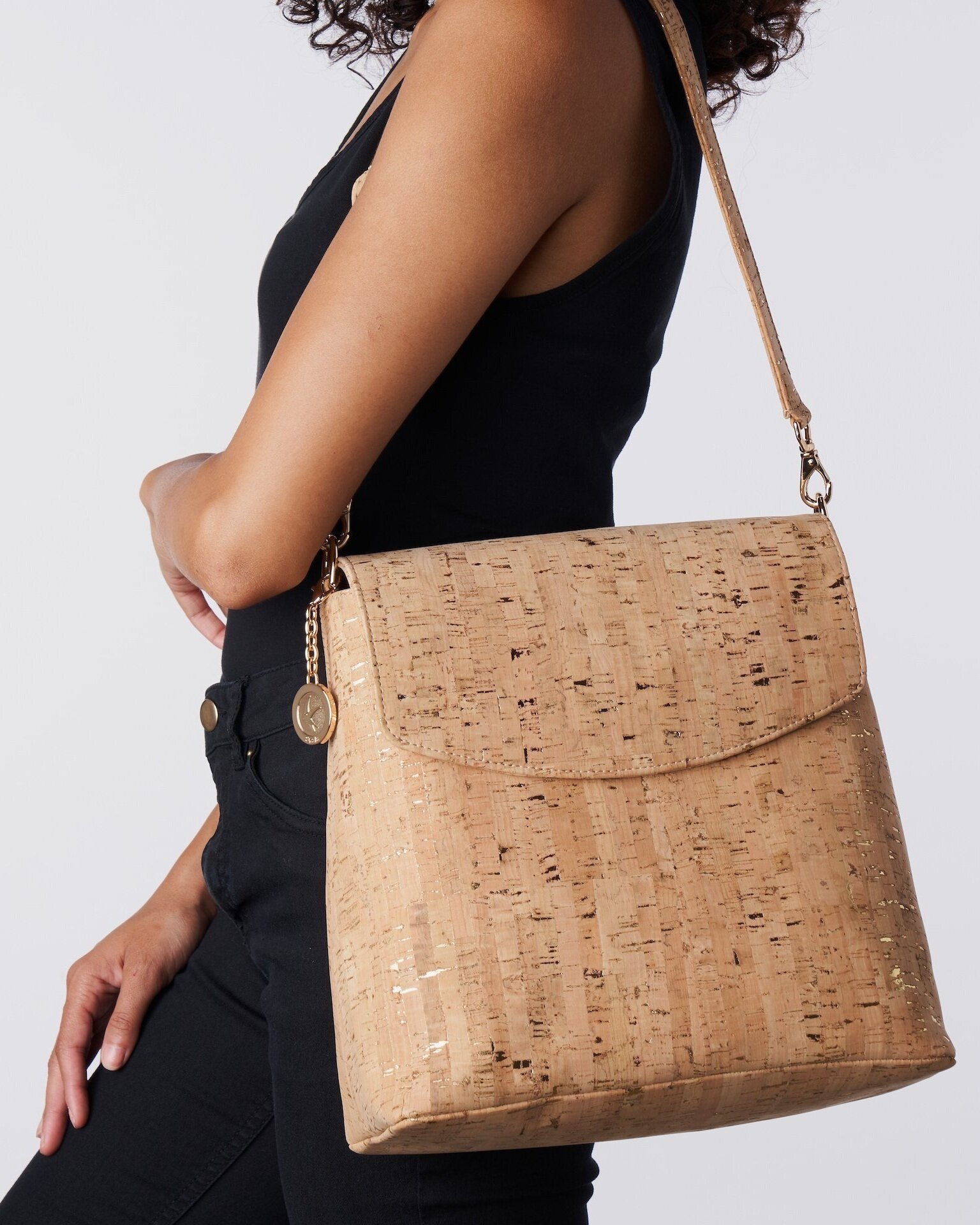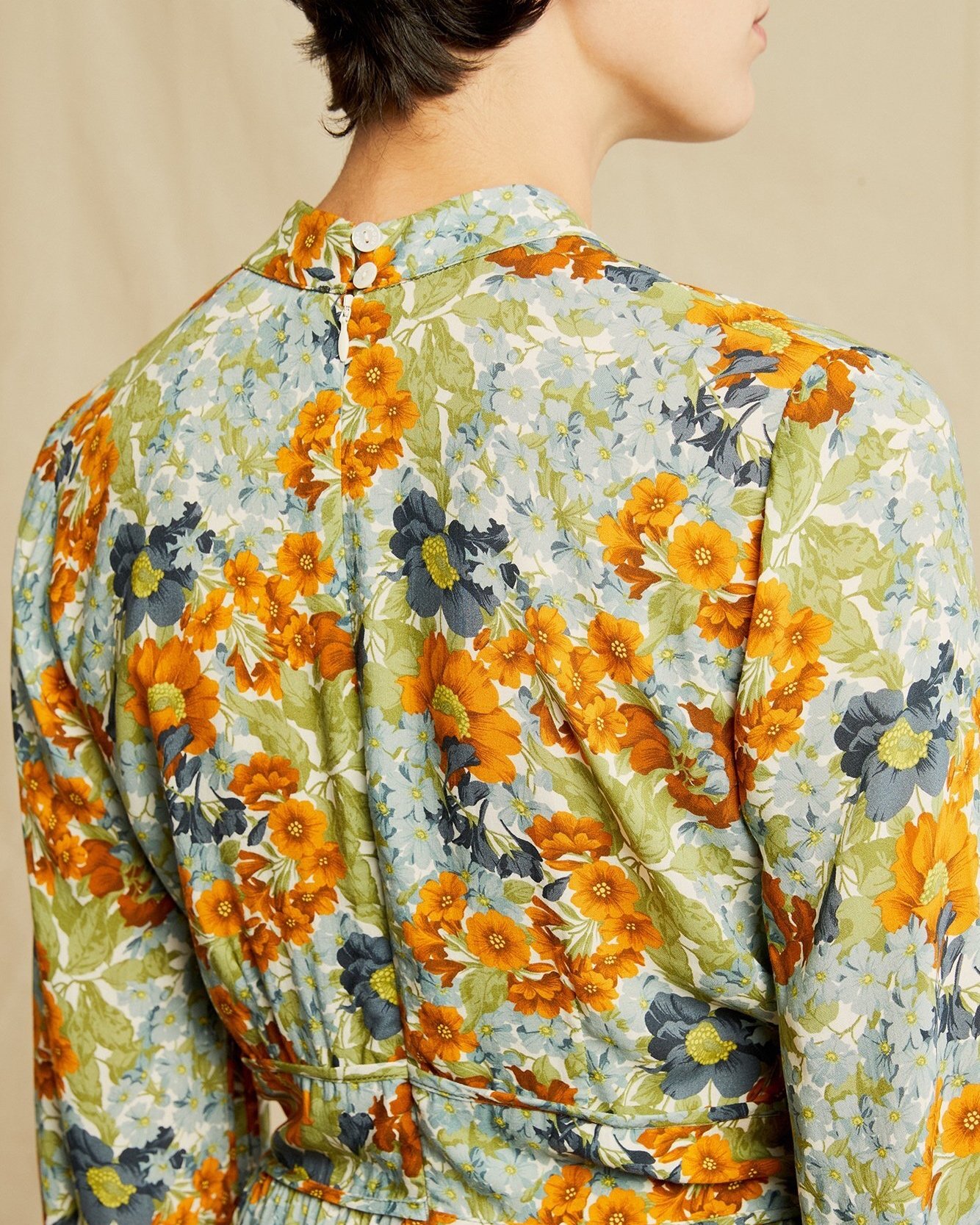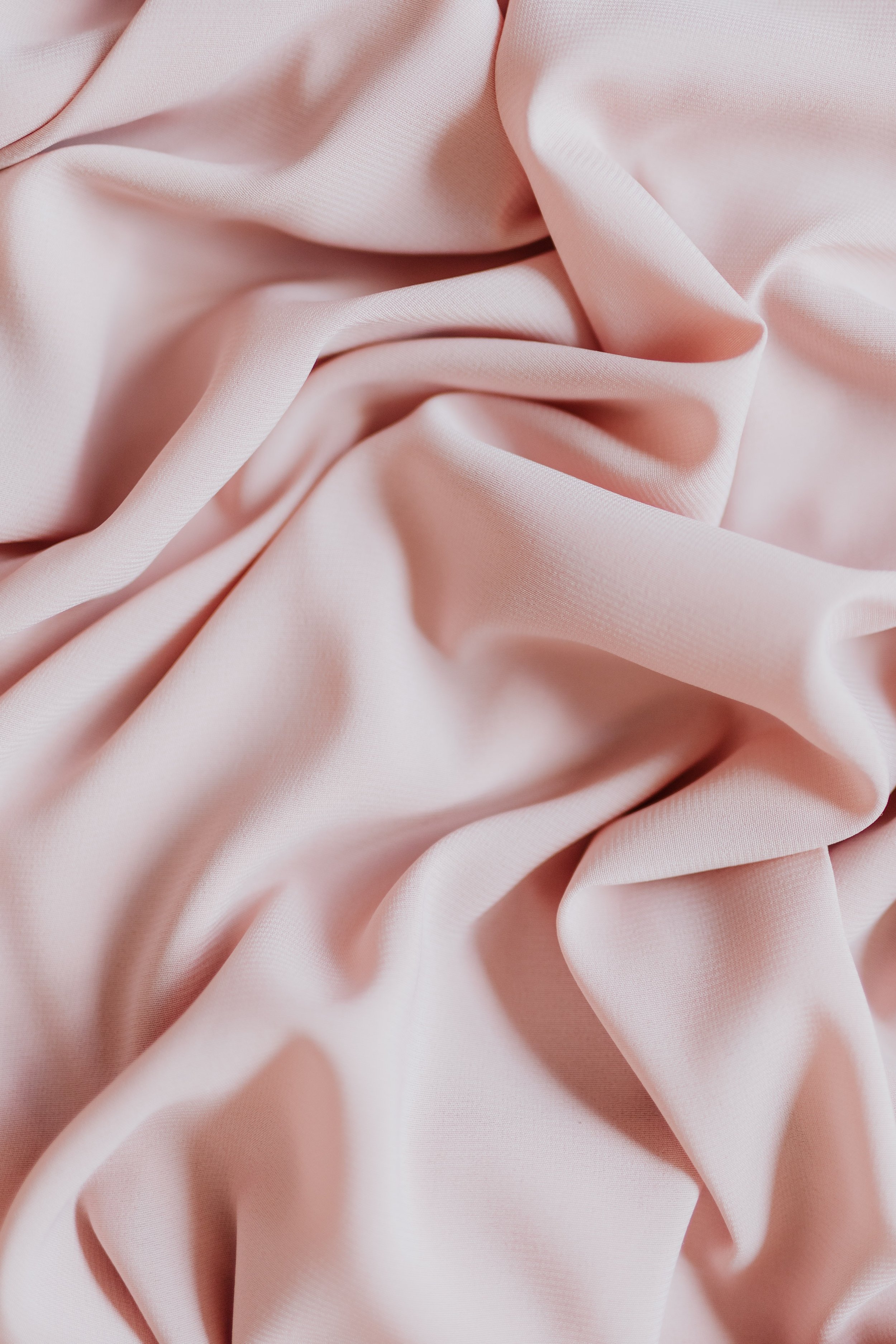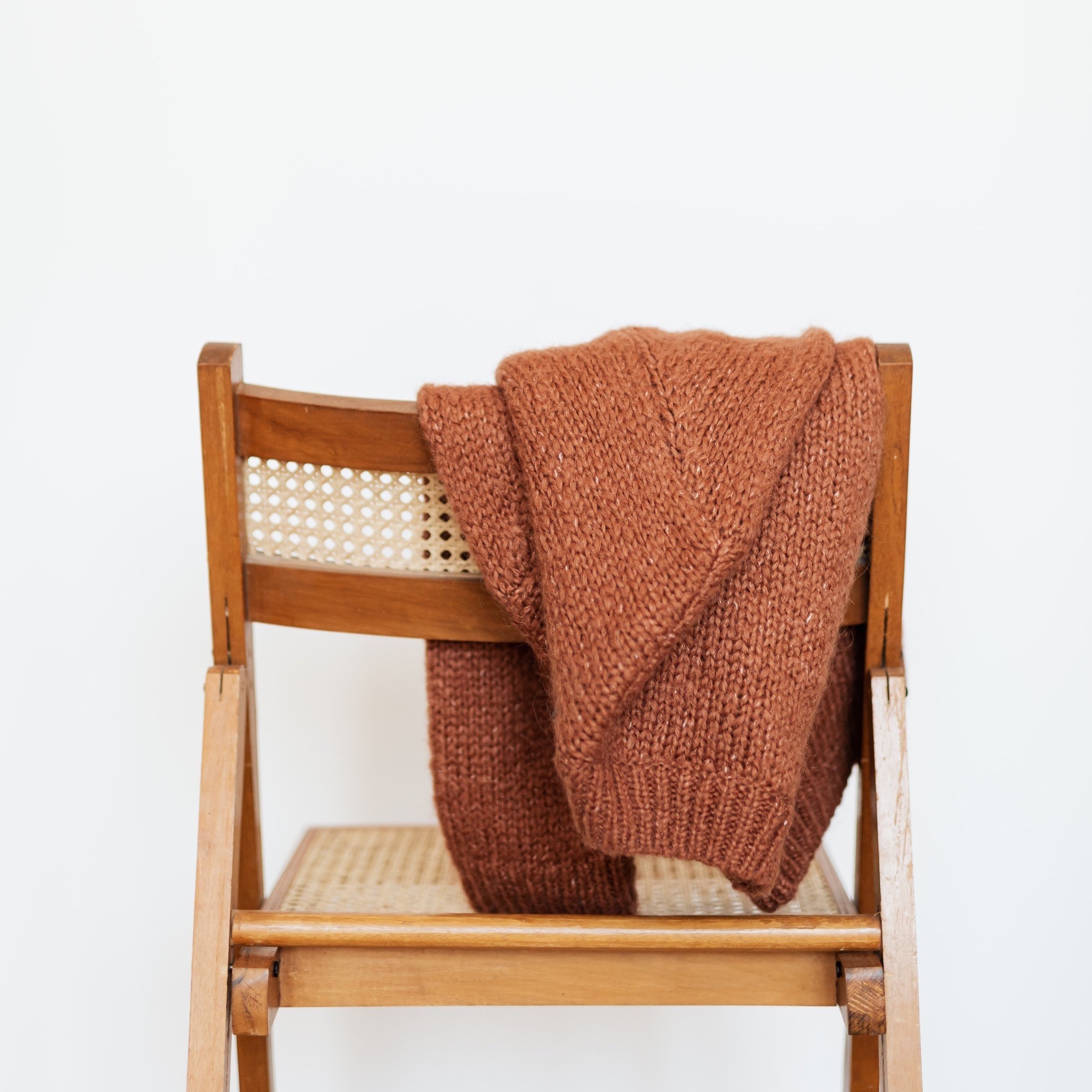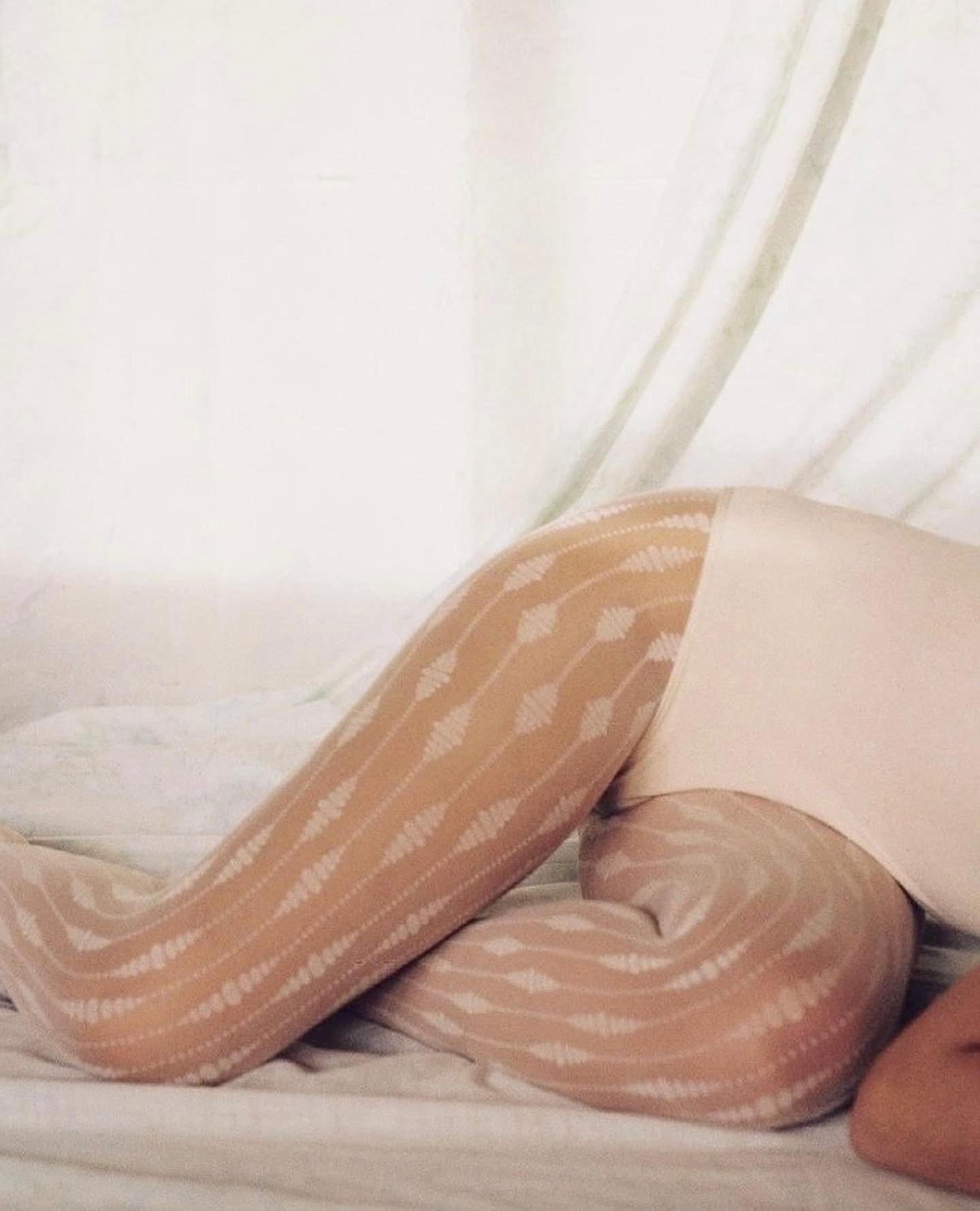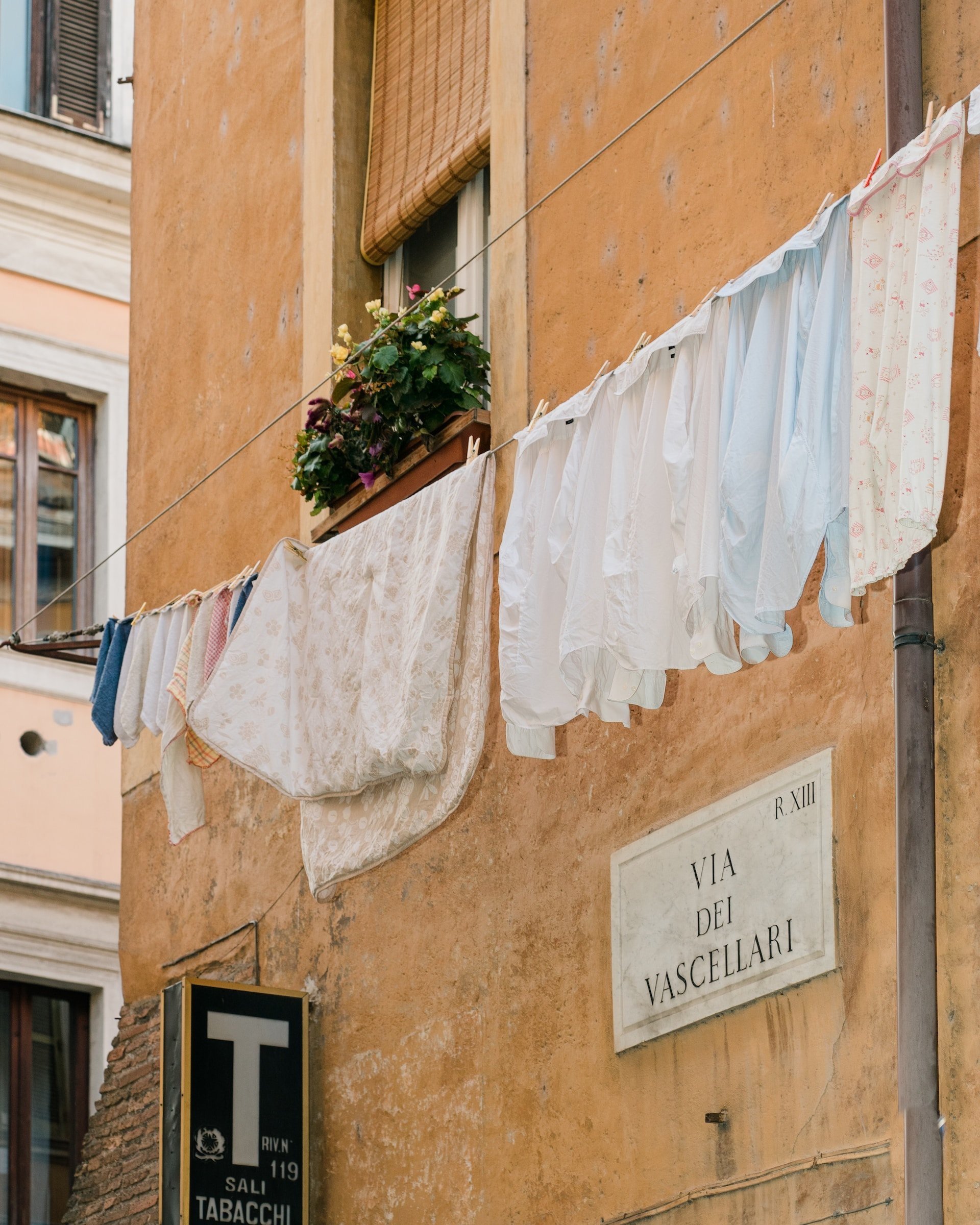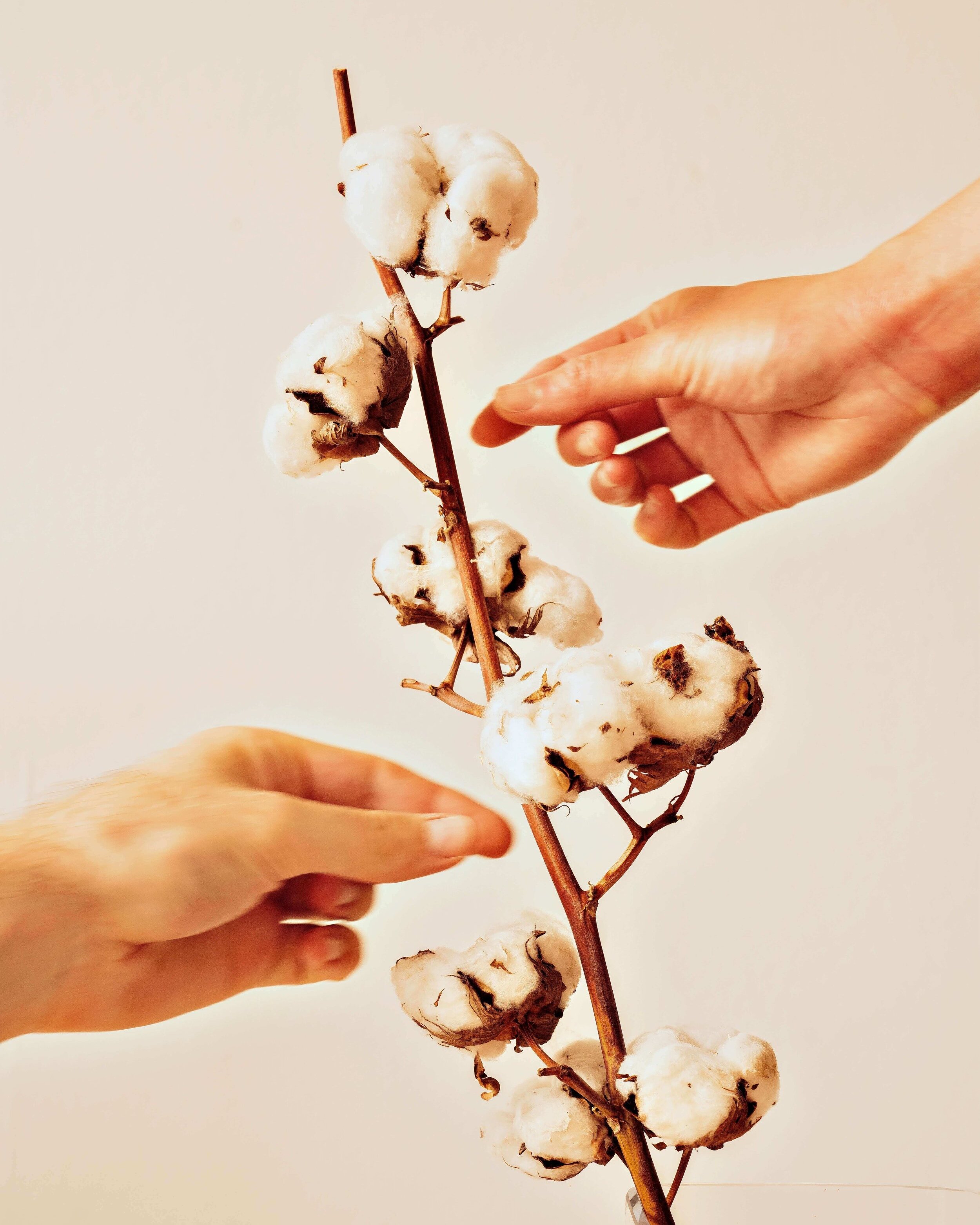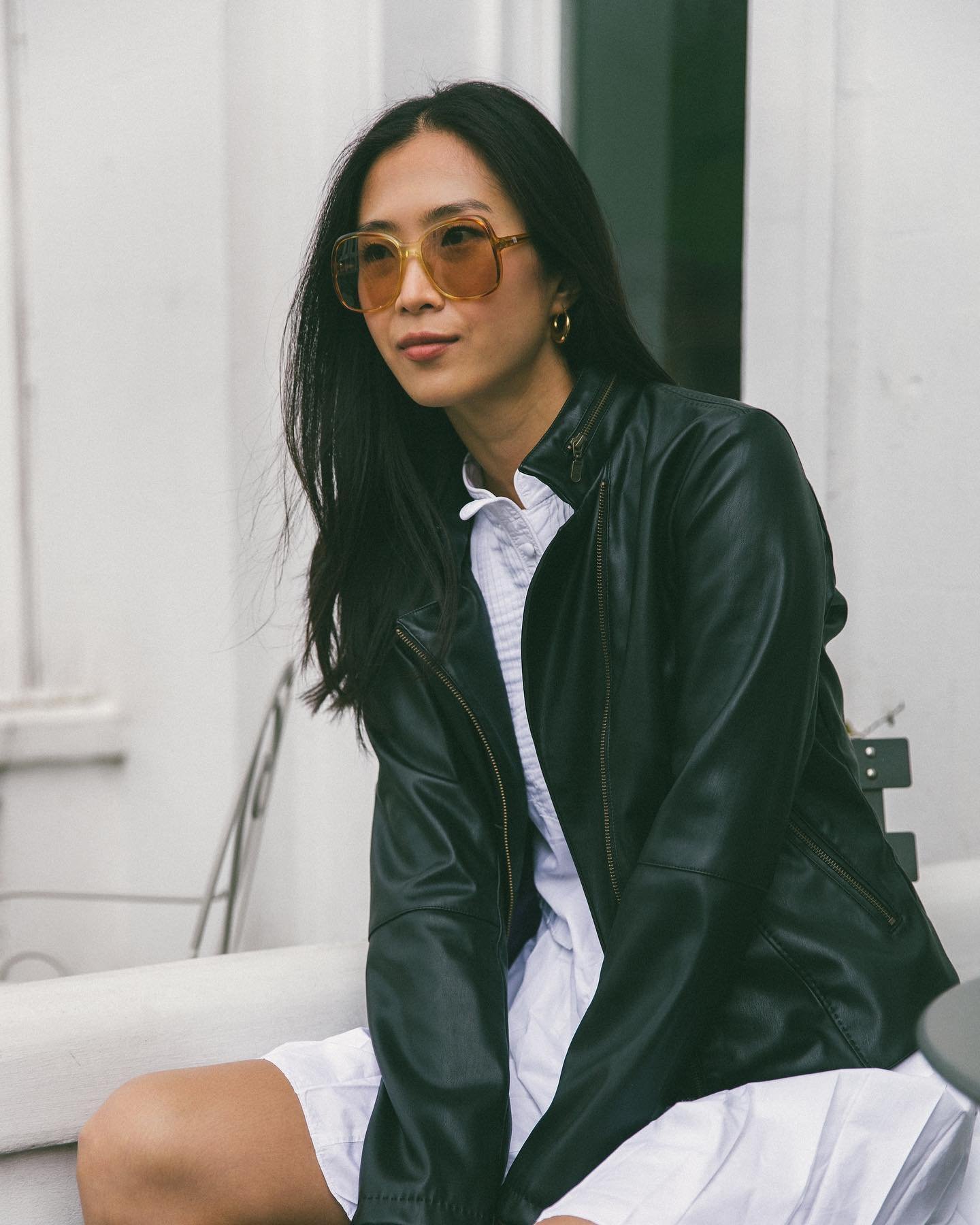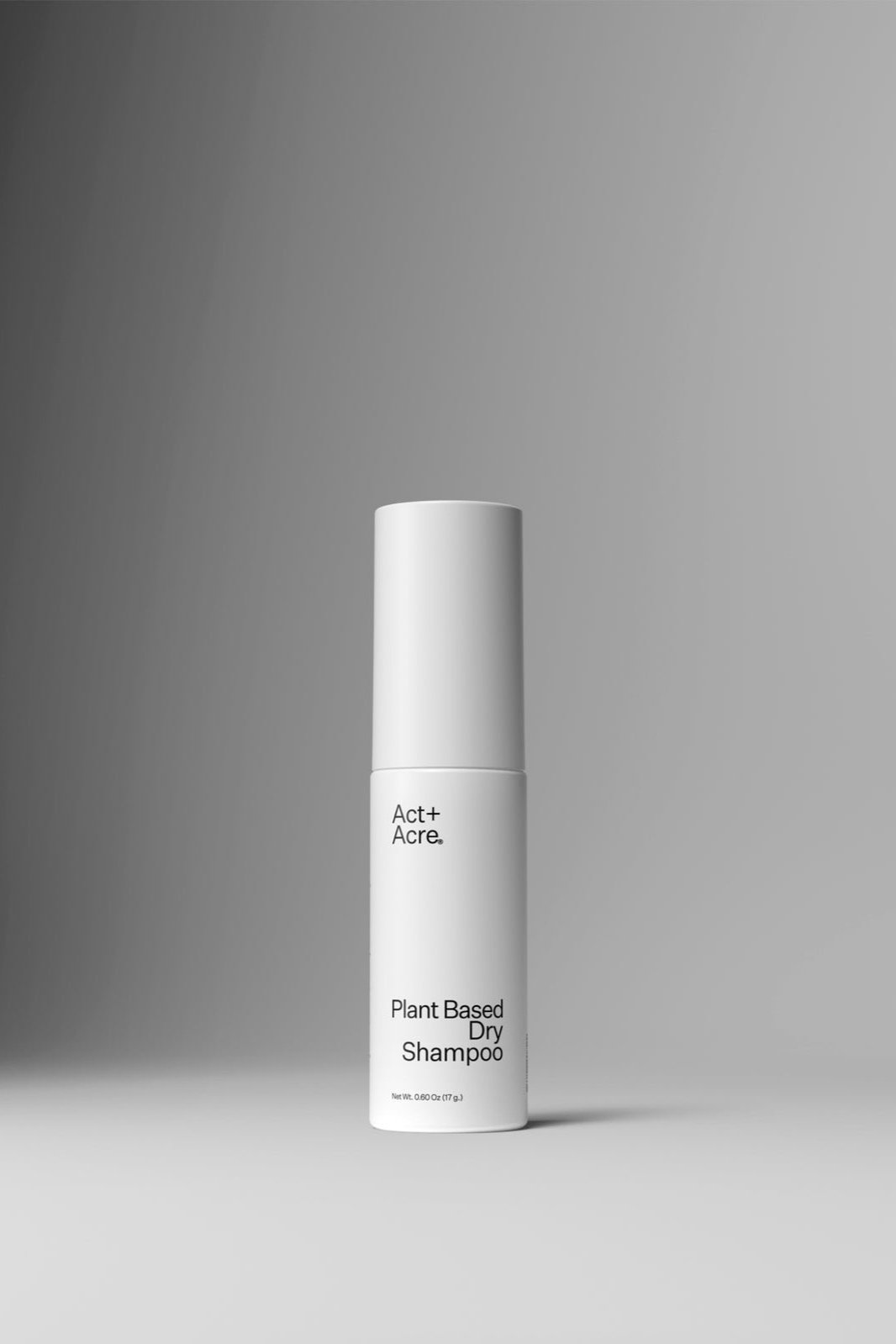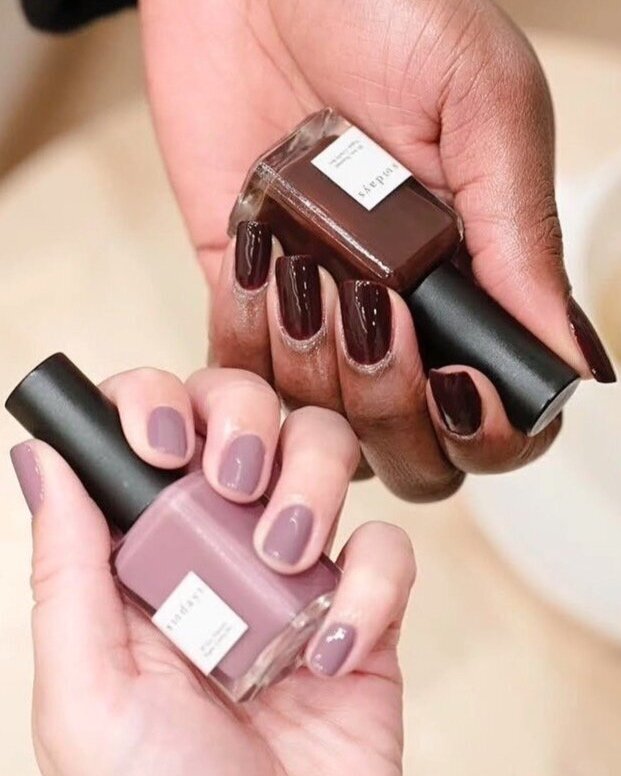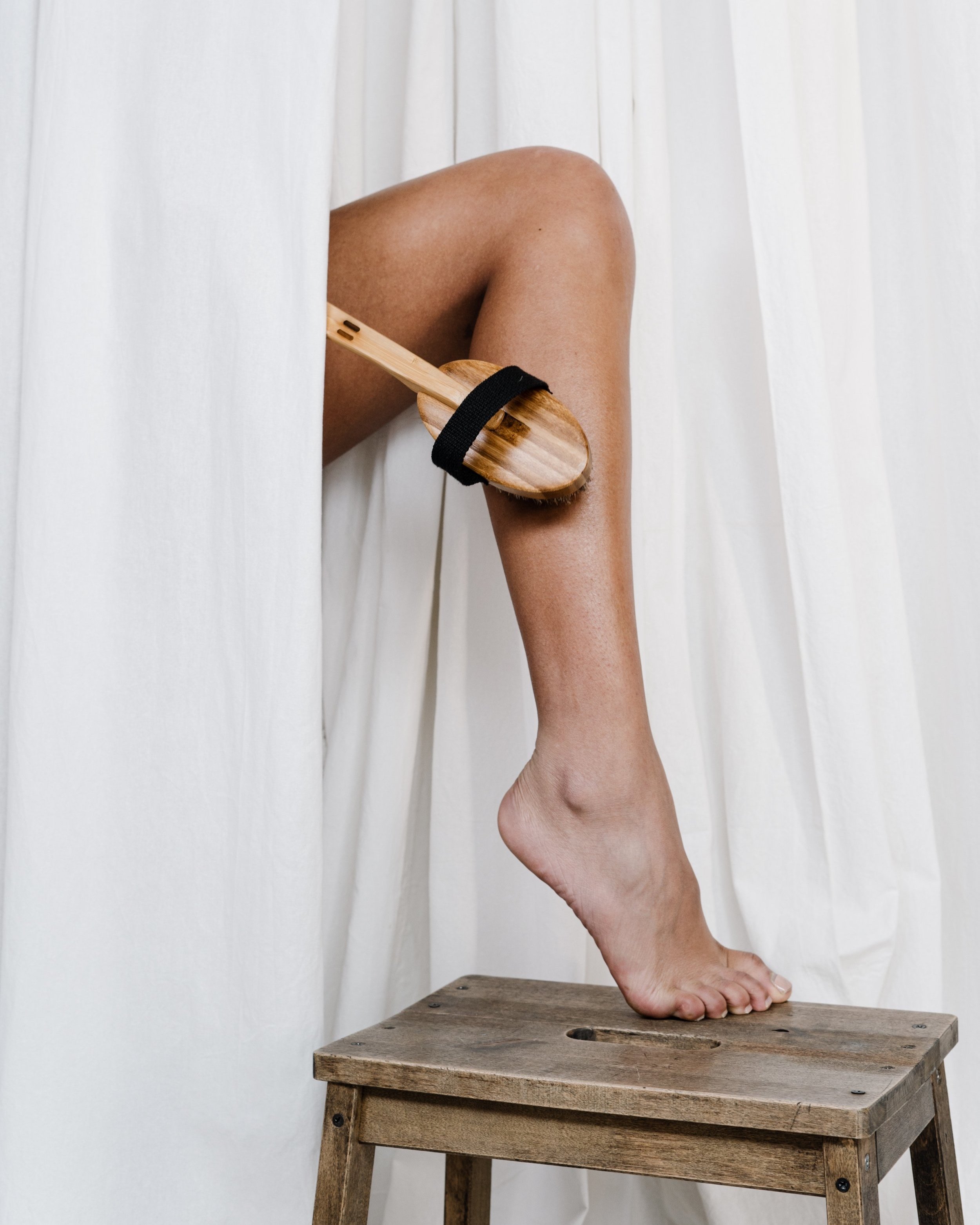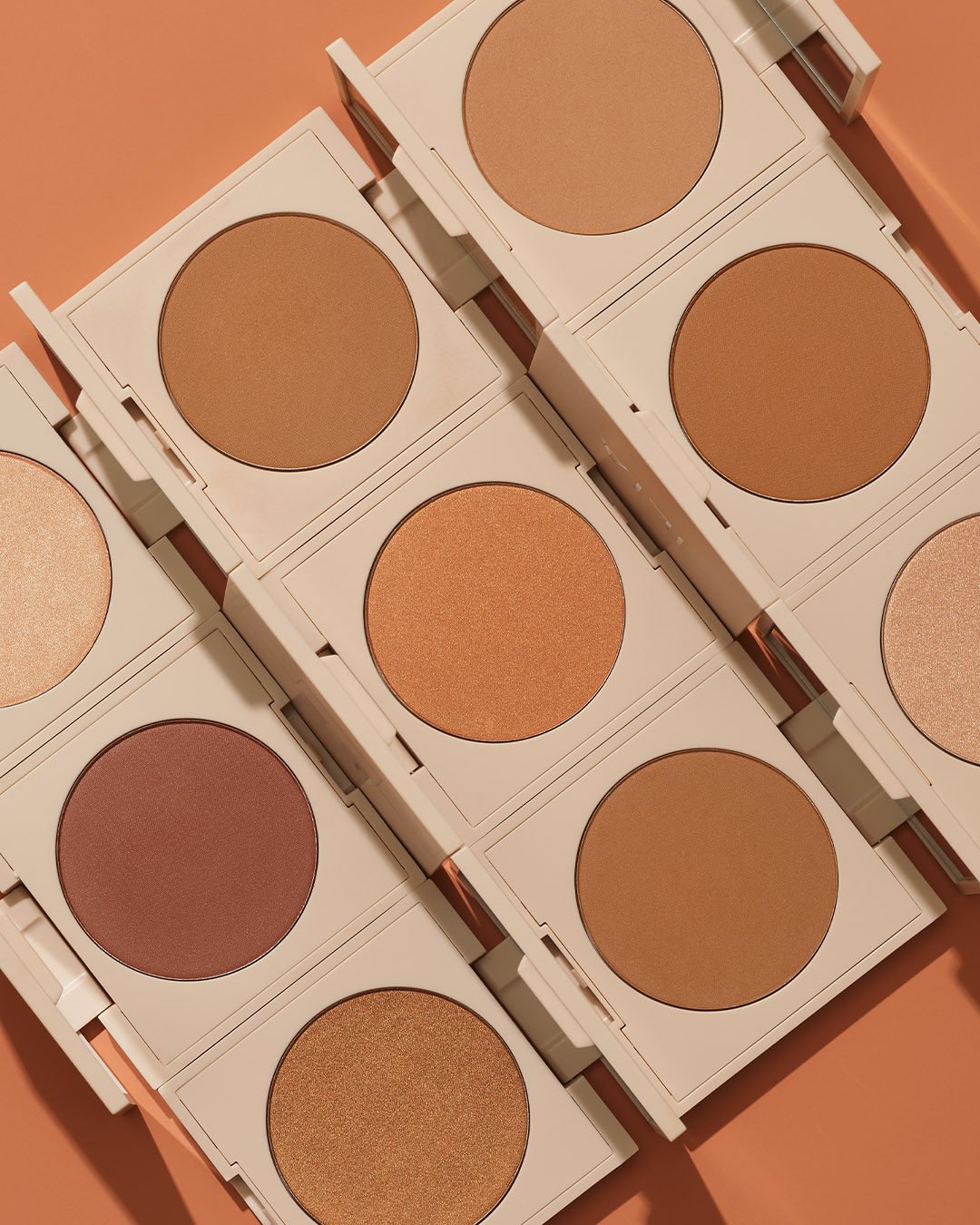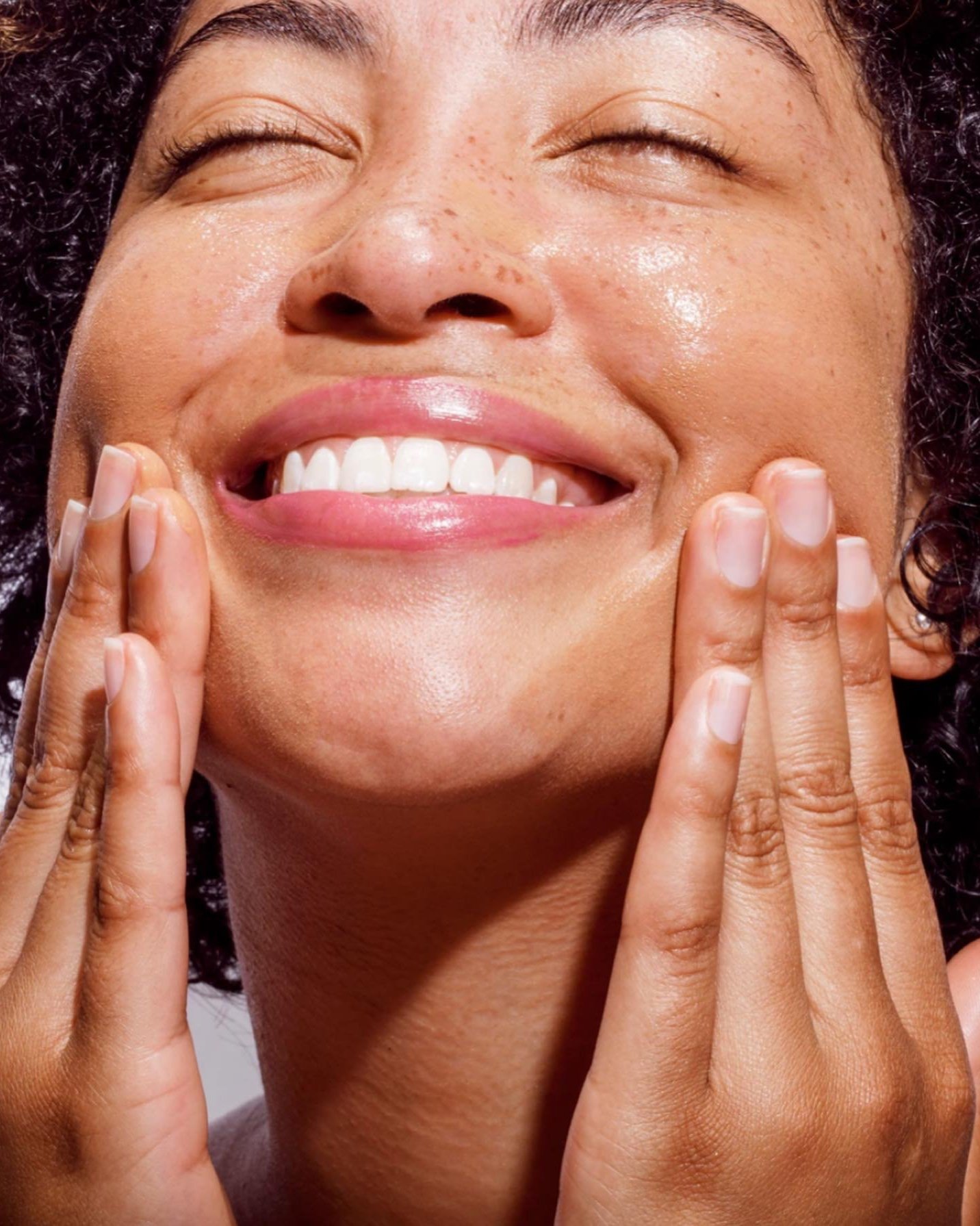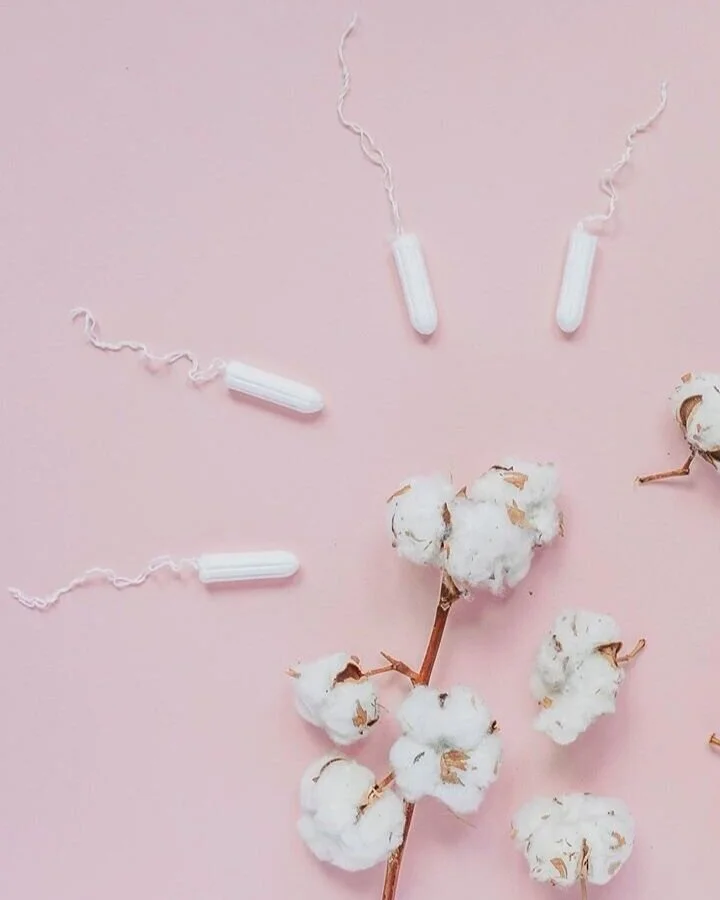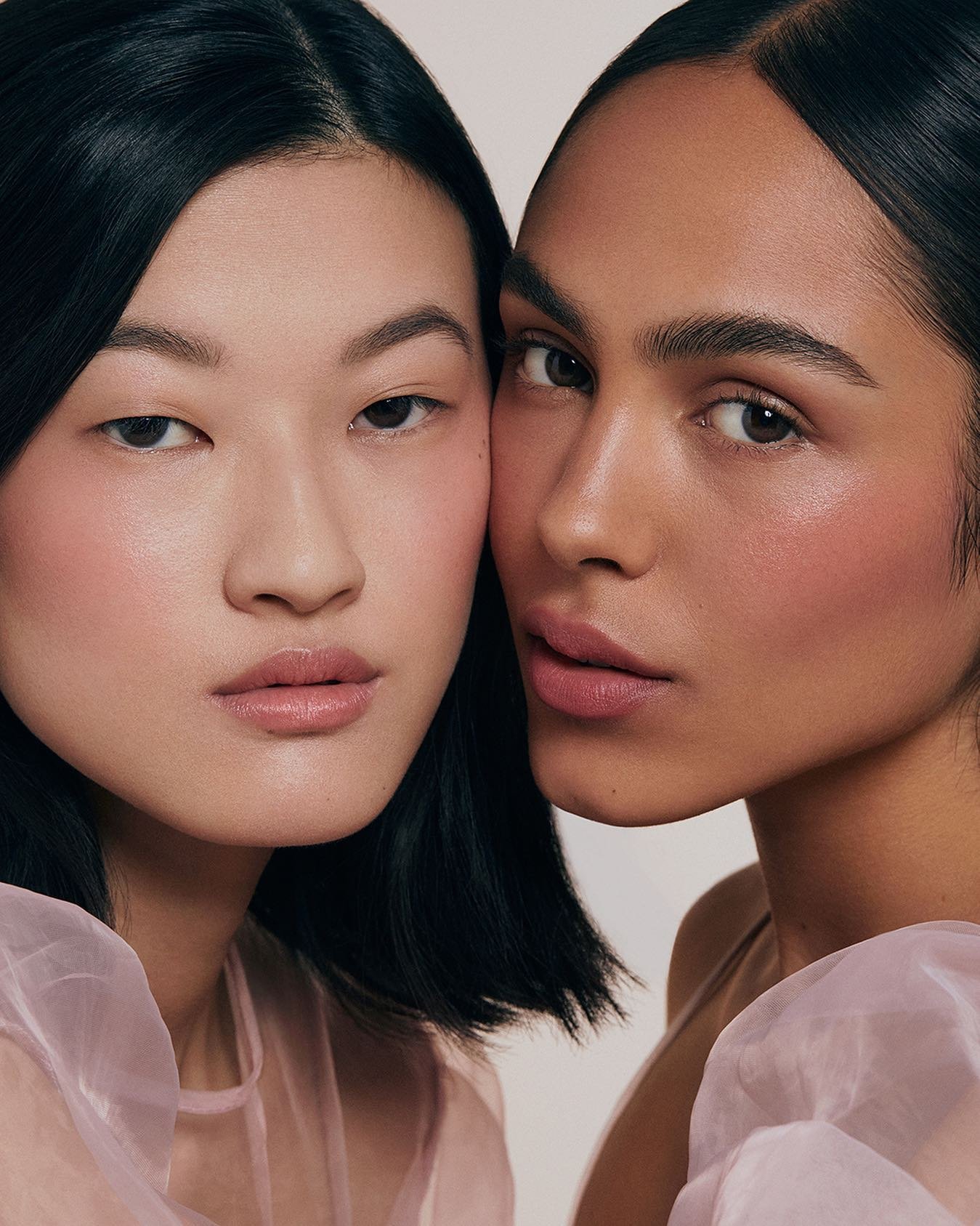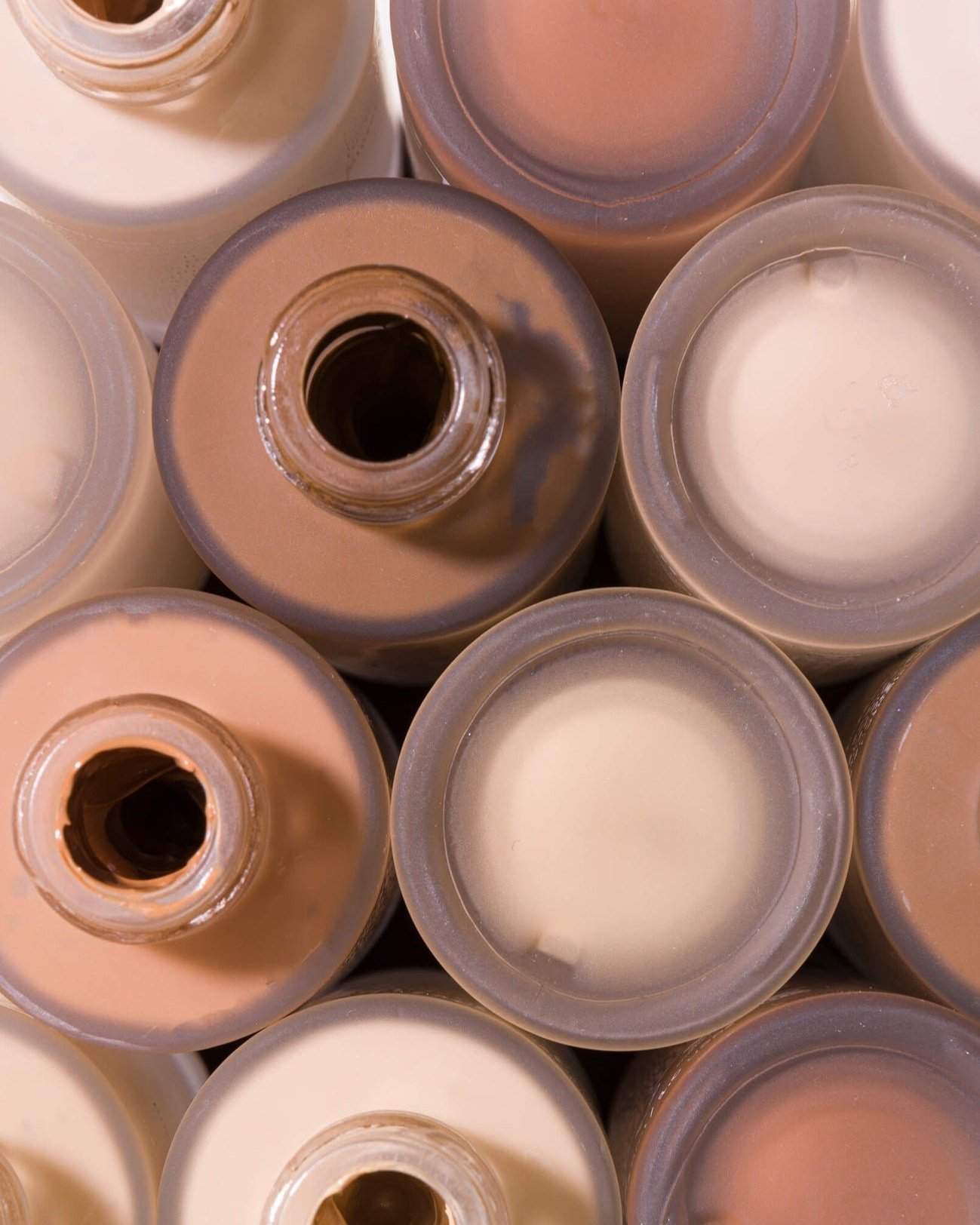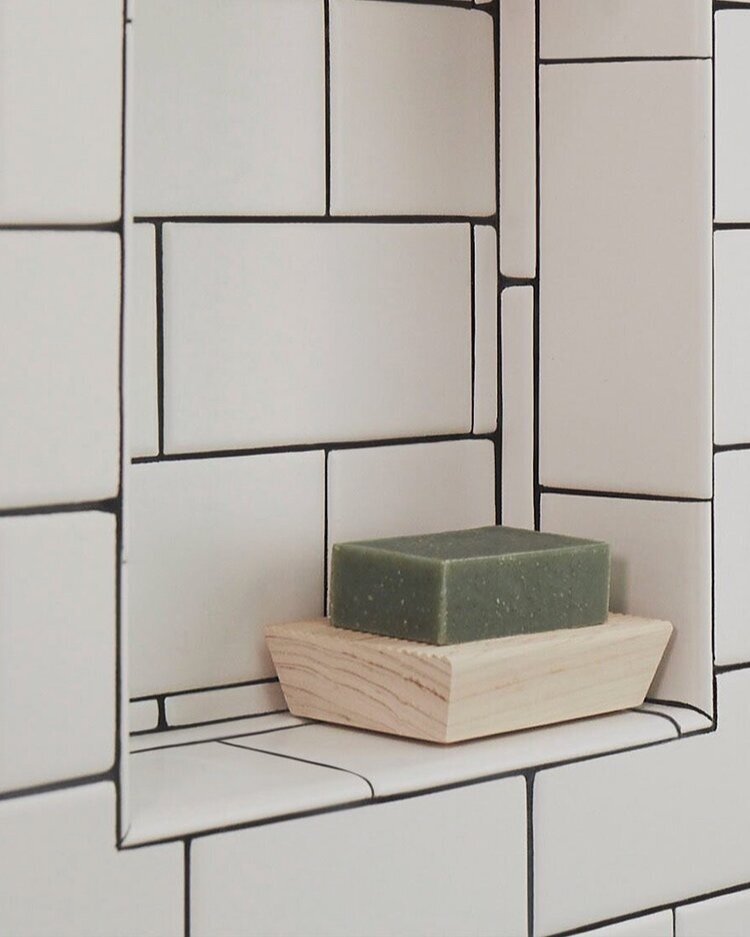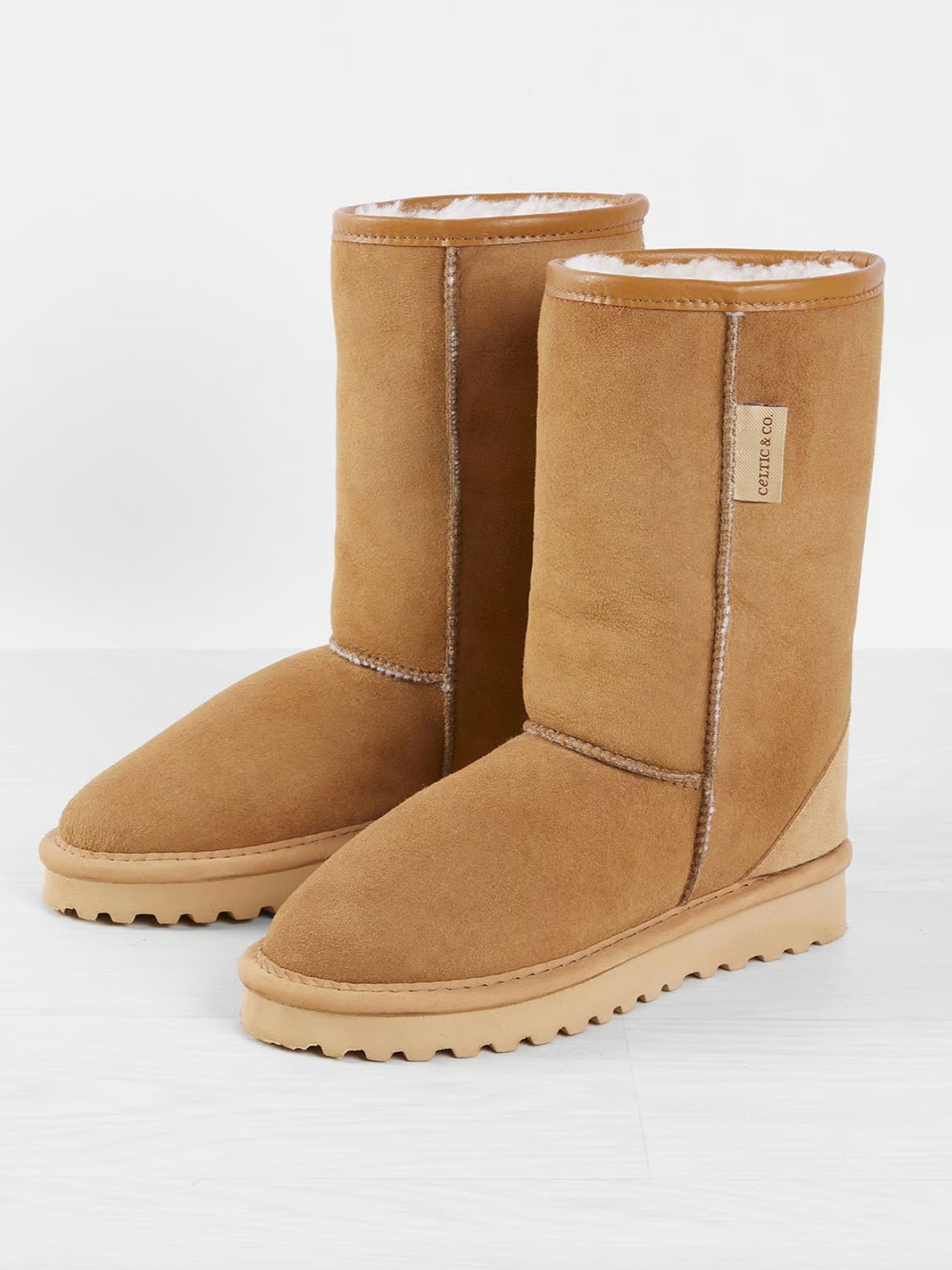Best Thrift Stores in Portland, Oregon
Few cities in the United States make secondhand shopping as accessible as Portland. As a Portland local, I grew up surrounded by some of the coolest thrift stores. Secondhand shops are almost more common throughout the city than chain stores or established brands. If you’re planning a trip to Portland, the sustainable shopping options might just be the highlight of your trip.
Portland is known for its eco-conscious vibe, and one of the best ways to embrace sustainability is by shopping at thrift stores around the city. Whether you’re looking for gently used clothes or unique hidden gems, Portland’s thrift scene has something for everyone. In this post, we’re highlighting some of the best places to find clothing, shoes, and accessories that not only give you a fresh look but also help reduce your environmental footprint.
Is Portland Good for Thrifting?
Portland is incredible for thrifting. Thrifting is ingrained in the local culture, which is probably why there are so many excellent options throughout the city. Whether you’re looking for a classic bargain thrift shop, a curated consignment store, or a funky vintage store filled with hard-to-find items, Portland has something for everyone.
Portland’s antique scene is rich with history, and many local shops carry mid-century furniture, accessories, and clothing that bring a timeless, retro vibe to any space or wardrobe. If you’re a vintage enthusiast or simply looking to find something unique, the city’s antique shops offer plenty of hidden gems that can’t be found anywhere else.
Is It Cheaper to Buy Clothes in Oregon?
You may be surprised to learn that it can be cheaper to buy clothes in Oregon because there is no sales tax. People in neighboring states frequently visit Oregon to shop, which only emphasizes the importance of shopping locally.
If you’re planning on visiting Portland for more affordable shopping, support secondhand, locally-owned stores so that the local economy truly benefits from tourism.
20 Best Thrift Stores in Portland for Clothes & Accessories
Discover the best secondhand, vintage, and thrift stores in Portland, below, from a local’s perspective. This list primarily features local and woman-owned resellers with consistently excellent clothing collections at accessible prices.
There are numerous bargain thrift stores near Portland, Oregon (i.e. Value Village in Tigard), or on the city's outskirts, like Better Bargains or TC Resale. To narrow down this list, however, I’ve only included my favorite used clothing stores conveniently located in Portland city.
1. House of Vintage
Location: 3315 SE Hawthorne Blvd.
Few vintage stores in Portland can compare to House of Vintage, an absolute must-visit any time you’re in the city. This massive warehouse on Hawthorne Blvd. (one of the best streets for secondhand shopping in the city) has an excellent selection.
This local collective hosts sixty different independent resellers, filling the multi-room storefront with an extensive, quality vintage inventory. Plus, the prices are reasonable and range accordingly.
2. Northwest Union
Location: 738 NW 23rd Ave.
Vintage clothing reseller Sellwood Union recently opened its second location on Portland’s prime shopping street, NW 23rd Ave.
While both locations are worth visiting, Northwest Union’s convenient site in a historic Victorian home is a must. This hip vintage collective houses different local independent resellers for a curated, fair-price secondhand shopping experience.
3. Buffalo Exchange
Location: 1036 W Burnside St.
1420 SE 37th Ave.
While Buffalo Exchange is a popular national chain for buying and selling used clothing, its two Portland locations are phenomenal.
The Burnside location is one of the biggest thrift stores in Downtown Portland, but both sites are filled with fashionable secondhand options at a very reasonable price point.
4. Red Light
Location: 3590 SE Hawthorne Blvd.
Another Portland institution, Red Light Clothing Exchange is the largest independent used clothing reseller in the city. This is not the place to find your average wardrobe staples, however. Red Light specializes in funky, grungy, and unique pieces.
Red Light offers particularly affordable prices, and they even have a “$10 side” of the store. If you have used clothing to sell, they offer store credit or cash in exchange.
5. Magpie Vintage
Location: 1960 SE Hawthorne Blvd.
Magpie Vintage is a local vintage boutique, beloved since 1995. They offer a small, quality selection of incredible, hard-to-find vintage pieces.
Once you enter Magpie’s cute and curated Southeast storefront, you’re instantly transported into another era.
6. Artifact: Creative Recycle
Location: 3630 SE Division St.
Located on Southeast’s booming Division Street, Artifact: Creative Recycle is a local secondhand store not to be missed. They offer a carefully selected, quality collection of used clothing and accessories at a reasonable price.
If you’re in Portland in the summer, you can’t miss their annual “Funday Flea.” Everything is $1, and the proceeds are donated to local non-profits.
7. The Shopp
Location: 2808 NE Martin Luther King Jr Blvd #5
The Shopp is a small, unassuming non-profit thrift store in Northeast, Portland. They carry a quality selection of staple secondhand items to choose from.
Not only does The Shopp have prime inventory, but you’re also supporting their notable mission by shopping here. All their net proceeds go to supporting trafficking survivors through clothing and food essentials.
8. ReRun
Location: 707 NE Fremont St.
6940 NE Sandy Blvd.
ReRun has been a vital part of the Northeast Portland community since 2005. They offer fun and essential used and consignment goods, from furniture to clothing. Plus, they host numerous community events and offer a teacher discount.
With a second location (Rerun2), there’s not much you can’t find at this funky and affordable secondhand store.
9. Dime and Penny
Location: 1463 NE Killingsworth St.
Dime and Penny is a locally-owned secondhand store in the heart of North Portland. Its funky, brightly colored mural is hard to miss, and thankfully, the goods inside are just as appealing.
For people who love the thrift shopping experience, you’ll enjoy navigating through racks and shelves of bargain and vintage clothing and housewares.
10. Consign Couture
Location: 7871 SW Capitol Hwy.
If impeccable secondhand designer clothes are what you seek, then definitely check out Consign Couture.
Since 2011, this boutique store has offered authentic, used designer goods. With free in-store styling and private shopping parties, it’s both fun and easy to shop at Consign Couture.
11. I Want Seconds
Location: 3204 SE Hawthorne Blvd.
I Want Seconds is the only exclusively plus-size secondhand store in Portland. The owner, Kelsey Conser, is passionate about providing fashionable and affordable used clothing starting at size 14.
Their super cute storefront offers a boutique shopping experience on desirable Hawthorne Blvd. If you have clothes to sell, I Want Seconds also buys outright instead of consigning.
12. Revive Athletics
Location: 1538 NE Alberta St.
One of the hardest things to find secondhand is quality and cute athletic wear. Home to Nike and Columbia Sportswear, Portland is a desirable shopping destination for athletic attire. Revive Athletics makes it possible to locally buy used activewear.
Located on trendy Alberta Street, this woman-owned reseller offers a chic, curated secondhand activewear selection in an equally cute storefront. Not only do they buy and sell some of the most desirable brand names, but they also host community fitness classes.
13. Village Merchants
Location: 4035 SE Division St.
Few vintage thrift stores in Portland compare to the vast selection of bargain, vintage finds found at Village Merchants. Located in Southeast’s Richmond neighborhood, this multi-room maze of secondhand goodies offers a plethora of bargain, quality items.
14. Hollywood Babylon
Location: 4512 NE Sandy Blvd.
Hollywood Babylon is a long-standing vintage boutique with fun secondhand finds for the whole family. Located in the heart of the Northeast’s Hollywood district, they sell fairly priced vintage and secondhand clothing. They also offer a small collection of independent artisan accessories.
15. Alien Mermaid Co.
Location: 3409 SE Hawthorne Blvd.
Another vintage gem on Hawthorne Blvd. is woman-owned Alien Mermaid Co. This unique vintage and upcycled thrift shop also carries goodies made by local, independent artisans.
To further reduce waste, Alien Mermaid Co. created their own clothing line made from upcycled clothing and textiles.
16. Program Shop
Location: 2122 SE Division St.
Program Shop stands out among the endless stream of funky secondhand resellers for one reason: accessibility. This vintage and used clothing store offers sliding scale pricing.
Program Shop features goods from 20+ vintage and local artisan vendors with income-based pricing. Their commitment to inclusivity is further evident with the vast range of sizes available.
17. Gather Resale
Location: 7400 N Lombard St.
Gather Resale is a woman-owned and led consignment shop located in the St. John’s neighborhood. Their thoughtful, quality secondhand clothing collection is quintessentially Portland. This is a great place to find unique wardrobe staples.
18. Red Fox Vintage
Location: 4528 SE Woodstock Blvd.
Red Fox Vintage, with its bright red exterior, is a Portland vintage clothing store not to be missed. This sizeable storefront features 55 different independent vintage vendors providing a large variety of goods to choose from. It’s easy to spend hours inside browsing the eclectic racks.
19. Hello Sunshine Art & Vintage
Location: 3022 E Burnside St.
As the name suggests, Hello Sunshine is a funky, burst of color and art on the otherwise bustling and grey Burnside Street. They primarily feature unique vintage pieces from different vendors with plenty of size-inclusive finds to choose from. Plus, their local art collection is incredible for sustainable home decor.
20. Workshop Vintage
Location: 4011 N Williams Ave.
Workshop Vintage is a North Portland vintage gem with accessible, high-quality vintage clothing and artisan goods. This eclectic shop is a treasure trove of funky jewelry, esoteric items, and vintage wardrobe staples. It’s a great place to find something for you, as well as fun gifts for your loved ones.
Bonus: Best Portland Vintage Markets
Some of the best local, secondhand items in Portland can be found at the markets. The recurring pop-up vintage markets listed below are an absolute must if you happen to visit Portland at the right time.
Portland Vintage Market: Monthly pop-up market.
Portland Flea Market: Last weekend of the month.
Donate and Give Back
Thrifting isn’t just about finding new-to-you clothes—it's also about giving back. Many thrift stores in Portland accept donations, and it’s a fantastic way to support local causes while making space in your closet for new treasures. If you're clearing out your wardrobe and looking for a way to help, consider donating your gently used clothing, shoes, and accessories to your favorite store.
Online Thrift Stores & Consignment Options
If you can’t make it out to a physical store, there are plenty of online thrift stores that bring the thrifting experience right to your door. For those who prefer the convenience of shopping from home, these online platforms are a great way to score high-quality items, often with a curated selection of gently used clothes and more.
If you’re looking to sell or consign your pre-loved items, consider exploring online consignment options. Services like Vestiaire Collective are excellent for those looking to part with high-end or designer pieces. These platforms often provide the added benefit of a straightforward process to schedule a free pickup or drop-off, making it easier than ever to declutter your closet.
Happy Thrifting!
Whether you’re shopping for clothing, shoes, or something special for your home, Portland’s vibrant thrift store community has something for everyone. Embrace the joy of happy thrifting, and support local businesses while making sustainable choices that benefit both your wardrobe and the planet.
About the Author
Alicia Briggs is a writer & editor specializing in slow travel & sustainable living. She has been a full-time traveler since 2018 and runs her own blog, Learning the Local Way, where she covers responsible travel tips and guides.
MAKE SURE TO PIN THE PHOTO BELOW TO SAVE THIS POST FOR LATER!
WANT TO FIND SUSTAINABLE BRANDS? VISIT OUR BRAND DIRECTORY!
Our Brand Directory is home to hundreds of sustainable brands, from makeup to cleaning supplies, from underwear to shoes. We have broken everything down by category for easy shopping, along with discount codes unique to Sustainably Chic viewers.





